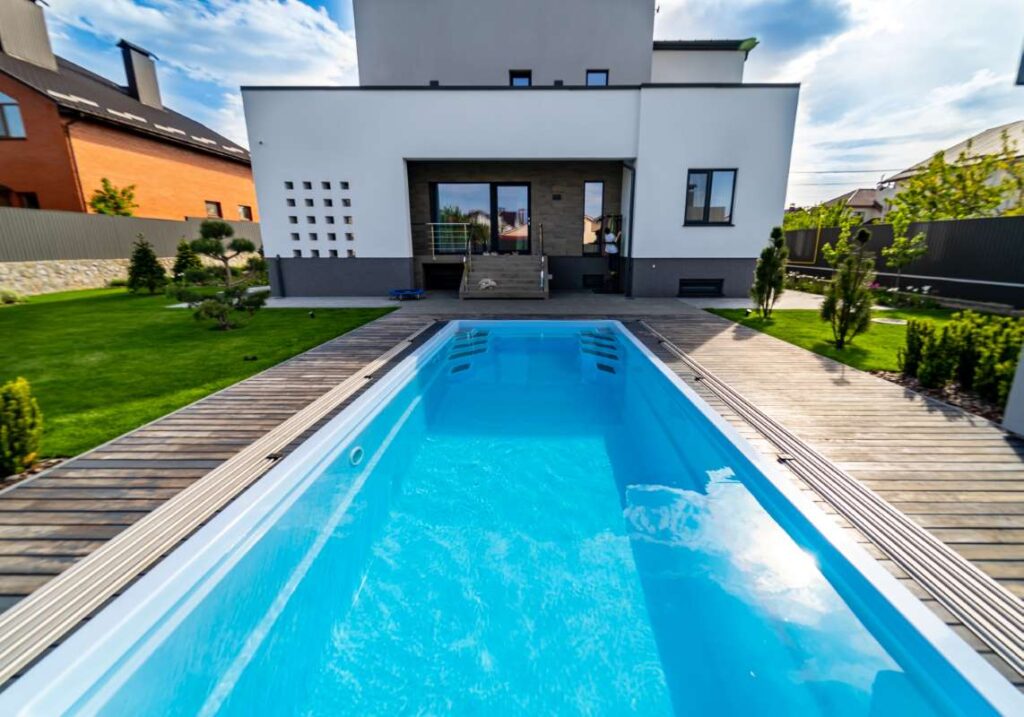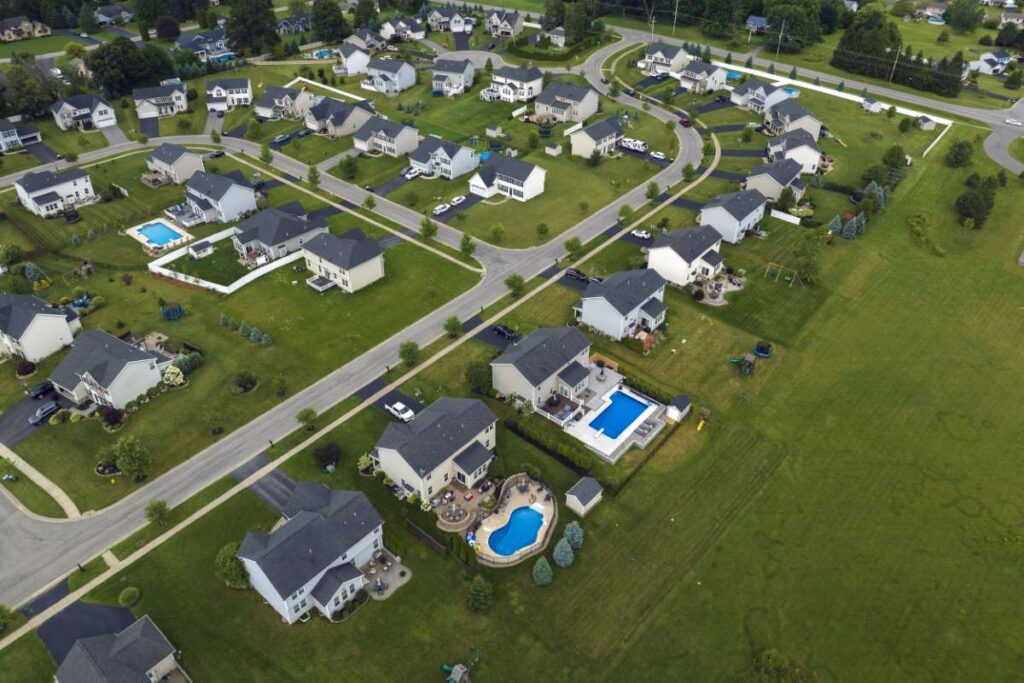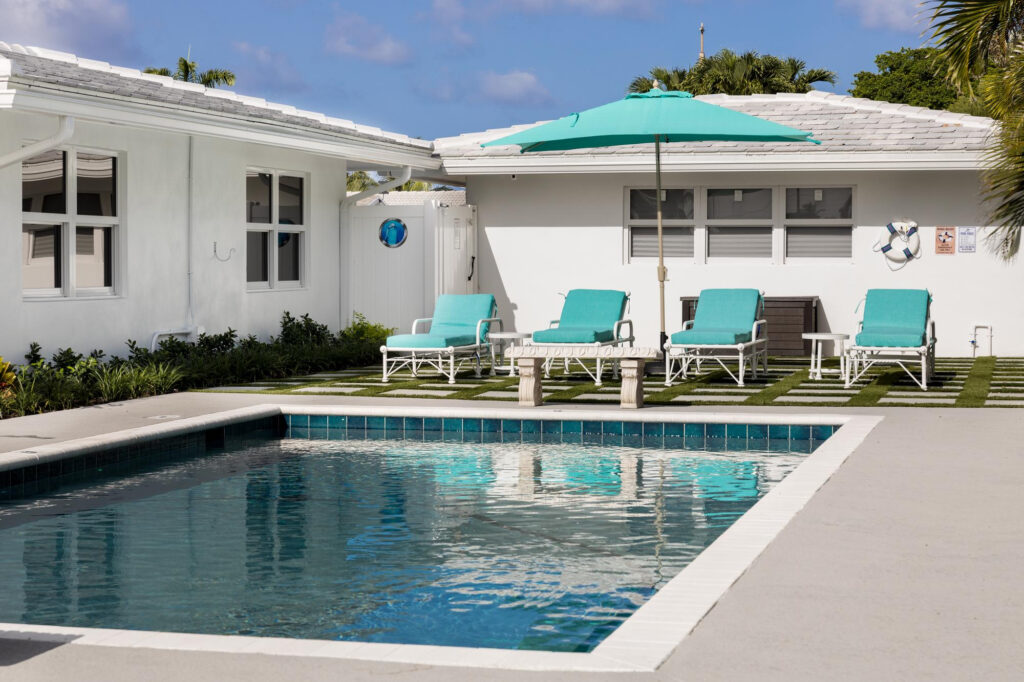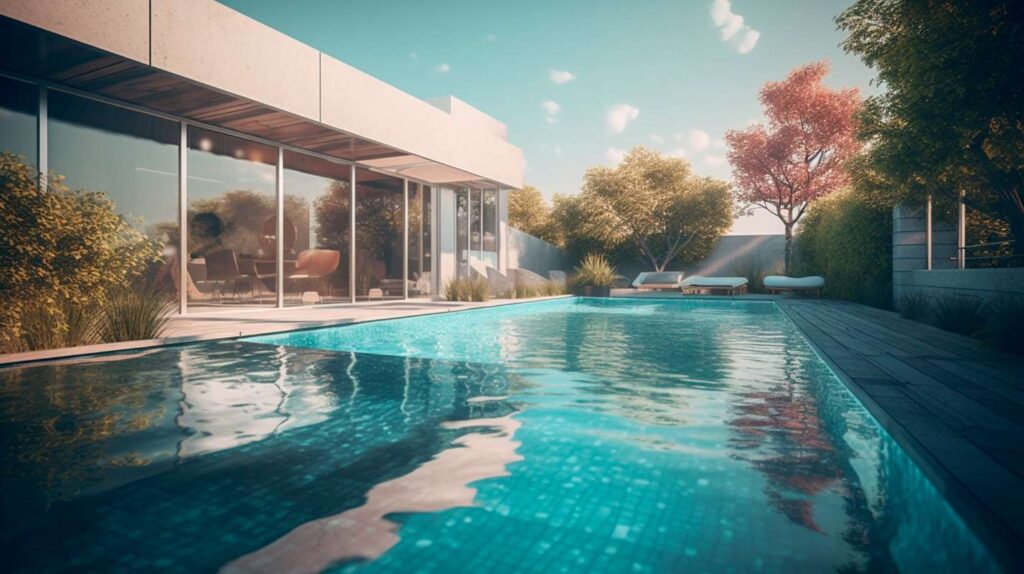Winterizing Pools in Warmer Climates: Is It Necessary?
Wondering if you need to winterize your pool in a warmer climate? Discover the essentials and best practices in this comprehensive guide.
When it comes to pool maintenance, many homeowners in warmer climates often overlook the concept of winterizing. After all, in regions where winter temperatures rarely dip below freezing, the thought of closing your pool for the season may seem unnecessary. However, understanding the implications of pool winterization—even in milder climates—is crucial for ensuring your investment remains in excellent condition. This blog post will delve into the necessity of winterizing pools in warmer climates, the potential risks of neglecting this practice, and practical steps to protect your pool year-round.
Understanding Winterization: What It Means for Your Pool
– Winterizing a pool typically involves a series of steps aimed at protecting the pool from cold weather damage. – Even in warmer climates, winterizing can prevent issues such as algae growth, debris accumulation, and equipment wear.- The process may include lowering the water level, adding winter chemicals, and covering the pool.For homeowners who enjoy year-round swimming, maintaining pool health is paramount. Even if you’re in a sunny state like Florida or California, where temperatures rarely fall below 50°F, the pool water can still become a breeding ground for bacteria and algae if not properly managed during off-seasons. Algae can thrive in warm water, and without appropriate preventive measures, you may find yourself dealing with expensive clean-up tasks come spring.
Benefits of Winterizing Your Pool Even in Warmer Regions
– Preventing Algae Growth: Keeping your pool clean and chemical-balanced minimizes the risk of algae blooming during cooler winter months when the pool is less frequently used.- Extending Equipment Life: Proper winterization protects your pool’s filtration and heating systems from wear and tear, ensuring they function efficiently when you need them.- Reducing Maintenance Efforts: Winterizing simplifies spring cleaning. A well-prepped pool can save you hours of work when the swimming season begins again.In areas like Arizona, where temperatures can fluctuate significantly between day and night, it’s wise to prepare your pool for these changes. Failing to winterize adequately can lead to organic matter buildup and unexpected repairs.
Common Mistakes to Avoid When Winterizing Pools
– Neglecting Chemical Balance: It’s essential to ensure that your pool’s pH and chlorine levels are balanced before covering it for the winter. This step helps minimize algae growth.- Skipping the Cover: A quality pool cover can significantly reduce debris accumulation and keep your pool clean. Skipping this step can lead to a dirty pool and additional work come spring.- Forgetting About Equipment: Always remember to protect your pool’s equipment. This includes draining the pump and filter to prevent damage from freezing temperatures, as even mild seasons can experience unexpected chills.For those considering entering the pool service business, understanding the nuances of winterizing pools can be a valuable asset. With the rising demand for knowledgeable pool maintenance professionals, options like
Pool Routes For Sale can offer a robust entry into this market.
Steps to Effectively Winterize Your Pool
1. Clean the Pool Thoroughly: Remove all debris, leaves, and dirt from the pool’s surface and vacuum the bottom.2. Adjust Chemical Levels: Test and adjust the chemical levels, ensuring that pH and alkalinity are balanced. Add algaecide as needed.3. Lower the Water Level: Depending on your pool type, lower the water level to prevent freezing damage. Most experts recommend lowering the water to below the skimmer.4. Drain Equipment: Take the time to drain water from the pump, filter, heater, and any other equipment to prevent freezing damage.5. Cover the Pool: Invest in a quality pool cover designed to keep debris out and maintain cleanliness. The cover should fit snugly around the edges to prevent lifting during windy conditions.By following these steps, you can ensure your pool is well-prepared for the colder months, even in a warmer climate.
Training and Support for Pool Maintenance
For those looking to enhance their skills in pool maintenance—whether you’re an aspiring entrepreneur or an established service provider—investing in proper training is essential. Programs like
Pool Routes Training provide comprehensive education on all facets of pool care, including winterization techniques. – In-Field Training: Hands-on experience is invaluable. Participate in in-field training sessions to gain practical knowledge about maintaining pools in any climate.- Virtual Training Options: If in-person training is not feasible, consider virtual training sessions that cover crucial topics like chemical balancing and equipment maintenance.Moreover, understanding the unique needs of pools in different regions can help you tailor your services to meet your clients’ needs effectively.
Case Studies: Successful Winterization Practices
To illustrate the importance of winterization, let’s explore some case studies from pool service professionals who have successfully implemented winterizing strategies:- Case Study 1: A pool service company in Southern California reported a 20% decrease in algae-related service calls after adopting a winterization protocol for their clients. They emphasized the importance of educating homeowners on winter maintenance, which significantly reduced the workload in spring. – Case Study 2: In Arizona, a contractor who began offering winterization services found a new revenue stream. Many homeowners were unaware of the benefits of winterizing, and the contractor capitalized on this gap by providing thorough inspections and maintenance services.These examples highlight the effectiveness and necessity of winterizing pools in warmer climates. As the demand for pool service continues to rise, those who can offer comprehensive winterization solutions will find themselves at a competitive advantage.
Conclusion
In conclusion, winterizing pools in warmer climates is not just an optional step; it’s a necessary part of responsible pool ownership. The benefits of preventing algae growth, extending equipment life, and reducing maintenance efforts far outweigh the time and resources spent on the process. For anyone in the pool maintenance industry, understanding and promoting winterization practices can lead to significant client satisfaction and business growth.If you’re looking to dive into the pool service industry, consider exploring
Pool Routes For Sale to learn how you can start your journey with established accounts in favorable regions. Remember, effective pool maintenance is the key to lasting enjoyment, so don’t overlook the importance of winterizing regardless of your climate. Take the necessary steps to protect your pool investment year-round, and you can look forward to a clean, inviting swimming environment whenever you need it.



